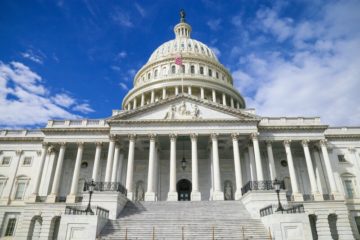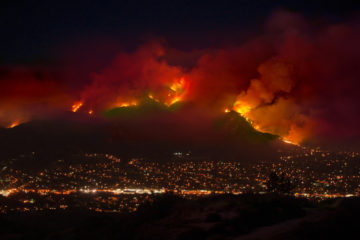By James Bourne | December 3, 2013 12:01 AM
Many people are only just getting used to the idea that Burma is now called Myanmar, that after almost 50 years of military rule it is moving quickly toward full democracy and that, following the easing of US and EU sanctions, it is open for business.
But in Asia, the rich business opportunities in Myanmar are well understood. The former capital Yangon is a construction site as, and to the dismay of some, colonial-era buildings are torn down to be replaced by new malls, hotels and office blocks. New cars, a rarity a few years ago, cruise the streets. A rising number of businesses accept credit cards.
Part of the boom is likely to be in hydrocarbons, most probably natural gas. During western sanctions China was Burma’s biggest business partner and as a result got first mover advantage. The deepwater Shwe gas field (operated by South Korea’s Daewoo) started producing in July and first exports reached China, via a newly built pipeline, in September.
Last week, Myanmar’s oil ministry, known by its acronym MOGE, announced that 30 companies had bid in its first ever offshore licensing ground. Previously, exploration blocks were awarded through direct negotiations. The new round offered 11 shallow water and 19 deepwater blocks. State-owned Chinese companies were notable by their absence. Daewoo bid for one block.
Lynn Myint, formerly chief geologist at MOGE and now vice president of the local subsidiary of privately owned Chinese oil exploration firm North Petro-Chem, says Chinese firms working in Myanmar, in all business sectors, are now tainted by association with the former military regime.
Most of the western majors were among 30 bidders though. These included ExxonMobil, Shell, ConocoPhillips, Total, BG, Repsol , ENI and Chevron. Although two of those–Chevron (as Unocal) and Total–controversially stayed on during sanctions, most had not been present in the country for decades, it at all.
Many south Asian and Southeast Asian state owned companies bid too, as did several independents, ranging from Singapore’s Kris Energy to Nigeria- and Russia-focused Heritage Oil.
Bidders were allowed to submit a maximum of three bids, as lead bidder, each. The blocks will be awarded under a production sharing contract regime, although we understand that foreign companies could be offered full ownership of some of the deepwater blocks. Successful bids will need to find a local partner the shallow water acreage, but are expected to invest without local participation in the deepwater blocks
While MOGE’s announcement did not specify which blocks were deepwater and which shallow, Platts understands ExxonMobil and Shell bid on deepwater blocks while Chevron stuck to shallow water.
Shell bid for three blocks in partnership with Japan’s Mitsui Oil Exploration Co., Chevron, Total and ExxonMobil each bid for two blocks; Statoil-ConocoPhillips bid for two blocks and the UK’s BG Group , together with Australia’s Woodside Energy, submitted bids for two blocks in one partnership and two in another. Indian companies, including privately owned Reliance, bid for a combined eight blocks.
Indian explorers have perhaps the most analogous experience. State-owned ONGC has spent $2 billion drilling deepwater exploration wells, some in water depths of 3,200 meters (2 miles) in its Andaman and Bay of Bengal waters, so far without success, while Reliance operates the massive, if disappointing, KG-D6 gas field offshore India’s east coast.
The deepwater will be particularly challenging, delegates at a recent regional upstream conference in Bangkok heard. Many of the blocks sit in more than 2,000 feet of water, the geology is complex and very little is known about it. Exxon drilled the first exploration wells in the area in the 1970s, but, including those, only 19 exploration wells have been drilled in the area to date.
In addition, the Andaman Sea and Bay of Bengal are prone to cyclones and there is no recognized port for servicing any future Myanmar offshore oil industry. The country’s ports are too small and shallow for most modern needs, one Singapore-based service vessel supplier told Platts on the sidelines, so oilfield services will probably need to be based in Thailand or India.
Rakesh Vij, the head of subsurface for India’s ONGC, told the conference that a giant find would be needed to start the ball roiling, much as occurred in Brazil’s deepwater.
However, Songpope Polachan, general director at Thailand’s department of mineral resources, said the area contains good, thick reservoirs and predicted the deepwater Andaman Sea would become ‘the next North Sea.” He might know what he’s talking about; his doctorate in petroleum geology focused on the Andaman.


